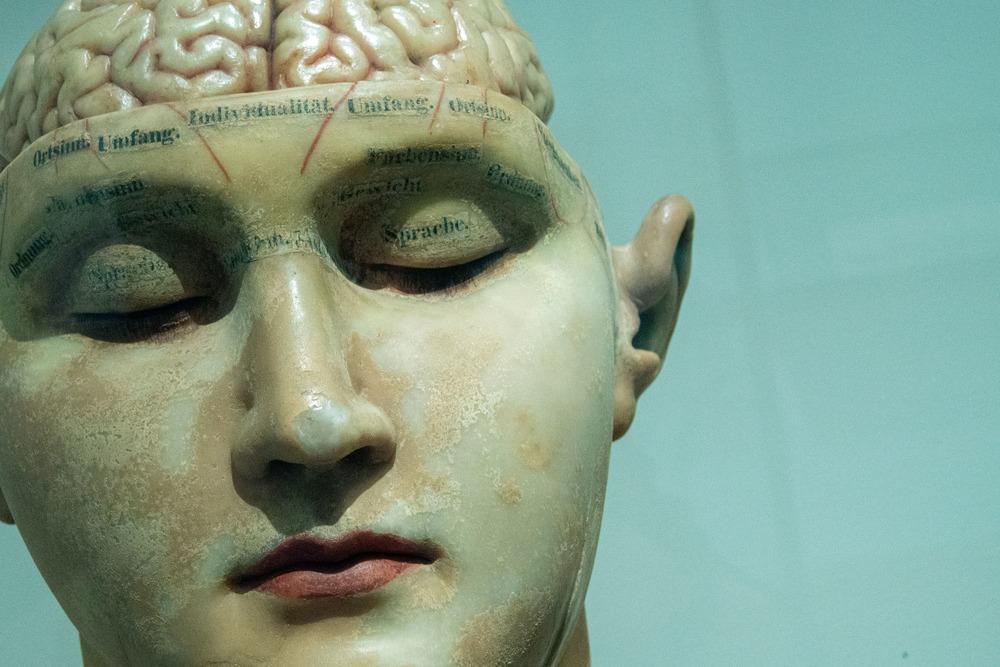CAN MEMORY AND COGNITIVE ABILITIES IMPROVE WITH GOOD BLOOD SUPPLY?

A new study suggests that increasing blood supply to the brain has a positive impact on memory performance and other cognitive abilities.
The Details: Researchers used high-resolution MRI (magnetic resonance imaging) on 47 women and men from ages 45 to 89 years to measure the blood supply to their hippocampus, which is a small structure in the brain.
The subjects participated in a neuropsychological test to assess the following:
- Memory performance
- Speech comprehension
- Ability to concentrate
What's Important: In the human brain, the hippocampus is supplied with blood by either one or two arteries. Since the brain is divided down the middle, the hippocampus is split, having two sides. But in every brain, there is one side of the hippocampus that is supplied by two vessels.
Scientists aren’t sure why this varies among individuals but those who had a hippocampus that contained two arteries, which increased blood supply, generally scored better than the others with only one artery.
In this instance, the researchers focused on the impact disease may have on people who don’t get as much blood flow to the brain.
Out of the participants, 27 had no signs of disease. The other 20 showed signs of “micro-bleeding” in the brain, also known as cerebral small vessel disease, which had been diagnosed before this study.
What to know: The 20 affected scored lower on the cognitive tests than the other 27 in the study showing no signs of disease.
However, those with the disease that also had two arteries supplying blood to at least one hippocampus had slightly better scores on cognitive tests. And this suggests those with blood vessel disease benefitted from more blood and oxygen to the brain.
But since it’s still early days for these types of studies, it’s just an educated guess, according to Dr. Valentina Perosa.
Noteworthy: Based on this study, it's believed that blood flow may play a role in declining cognition and memory performance.
For now, more studies need to be done to come to a proper conclusion and to develop potential therapies.
Resource: German Center for Neurodegenerative Diseases (DZNE)










